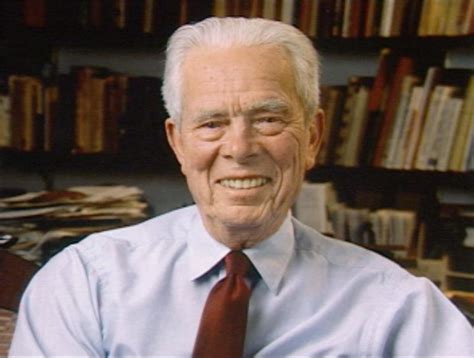A Quote by Gautama Buddha
Whatsoever, after due examination and analysis, you find to be kind, conducive to the good, the benefit, the welfare of all beings...that doctrine believe and cling to, and take it as your guide.
Related Quotes
Believe nothing, O monks, just because you have been told it, or it is commonly believed, or because it is traditional or because you yourselves have imagined it. Do not believe what your teacher tells you merely out of respect for the teacher. But whatsoever, after due examination and analysis, you find to be conducive to the good, the benefit, the welfare of all beings - that doctrine believe and cling to and take as your guide.
"Do not believe anything merely because you are told it is so, because others believe it, because it comes from Tradition, or because you have imagined it. Do not believe what your teacher tells you merely out of respect. Believe, take for your doctrine, and hold true to that, which, after serious investigation, seems to you to further the welfare of all beings."
In the future it's very possible you could have an artificial intelligence system that can run the country better than a human being. Because human beings are naturally selfish. Human beings are naturally after their own interests. We are geared towards pursuing our own desires, but oftentimes, those desires have contrasts to the benefit of society, at large, or against the benefit of the greater good. Whereas, if you have a machine, you will be able to program that machine to, hopefully, benefit the greatest good, and really go after that.
Do not believe what you have heard Do not believe in tradition because it is handed down many generations Do not believe in anything that has been spoken of many times Do not believe because the written statements come from some old sage Do not believe in conjecture Do not believe in authority, or teachers, or elders But after careful observation and analysis, when it agrees with reason and it will benefit one and all, then accept it and live by it.
I have to say, I think that we are in some kind of final examination as to whether human beings now, with this capability to acquire information and to communicate, whether we're really qualified to take on the responsibility we're designed to be entrusted with. And this is not a matter of an examination of the types of governments, nothing to do with politics, nothing to do with economic systems. It has to do with the individual. Does the individual have the courage to really go along with the truth?
Discretion is the perfection of reason, and a guide to us in all the duties of life; cunning is a kind of instinct, that only looks out after our immediate interests and welfare. Discretion is only found in men of strong sense and good understanding; cunning is often to be met with in brutes themselves, and in persons who are but the fewest removes from them.
Believe nothing on the faith of traditions, even though they have been held in honor for many generations and in diverse places. Do not believe a thing because many people speak of it. Do not believe on the faith of the sages of the past. Do not believe what you yourself have imagined, persuading yourself that a God inspires you. Believe nothing on the sole authority of your masters and priests. After examination, believe what you yourself have tested and found to be reasonable, and conform your conduct thereto.



























